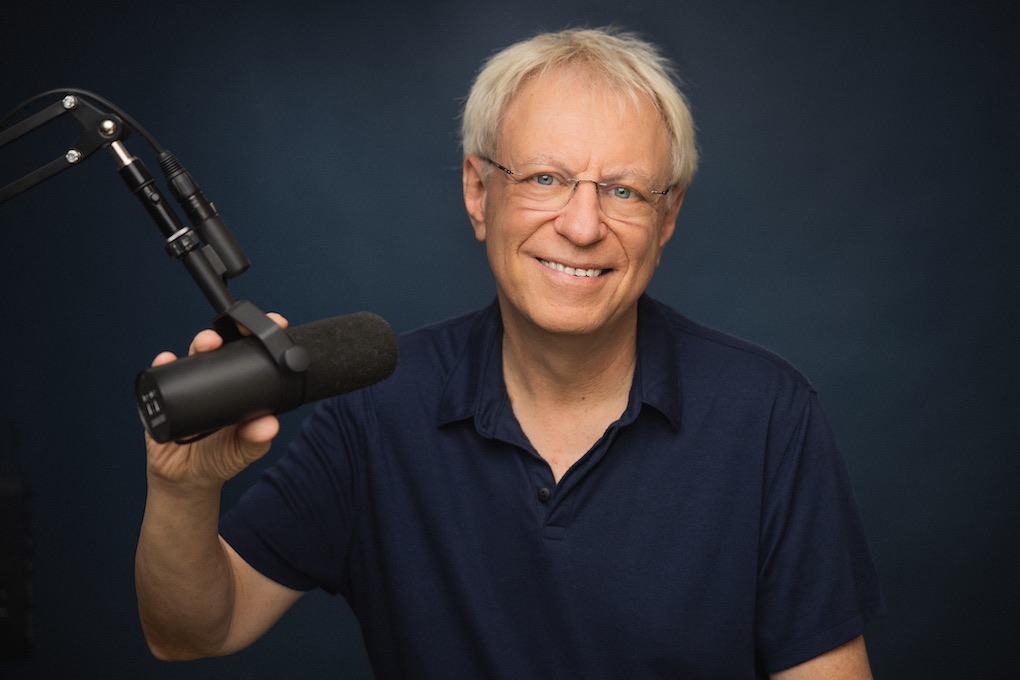
Hi, I’m Bobby Owsinski
I produce and mix records, write books and blogs, and create podcasts and online courses. It’s been a good life (a few of them, actually) and I’m thankful for my good fortune, but it always hasn’t been like this. I started just like you probably did, as a working musician.
The Early Days
I grew up in Minersville, a small town in Eastern Pennsylvania of around 5,000 and, at the time, about as far away from the music business as you could imagine. As the name implies, Minersville was built around coal mining, and I grew up with coal dust in my back yard.
I started playing in bands when I was 13, and was playing in clubs pretty much non-stop by the time I was 16. Eventually I was asked to play in the best band in the region, the band that I grew up listening to and idolizing (they were together for 10 years before I started with them) – The Other Side.
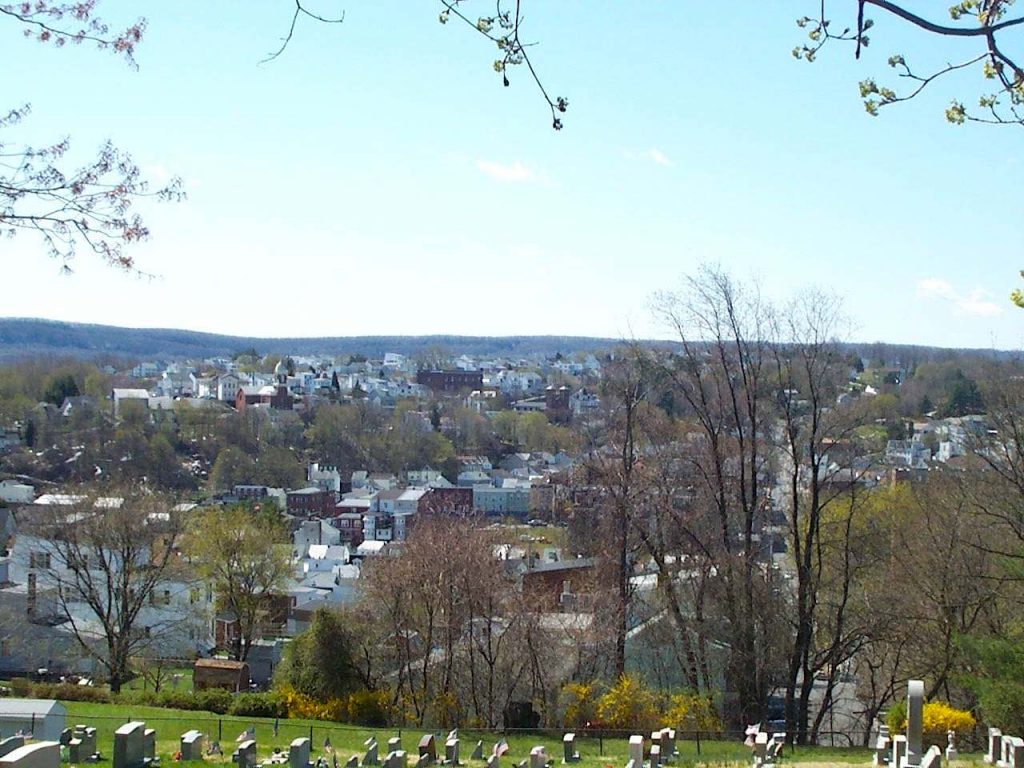
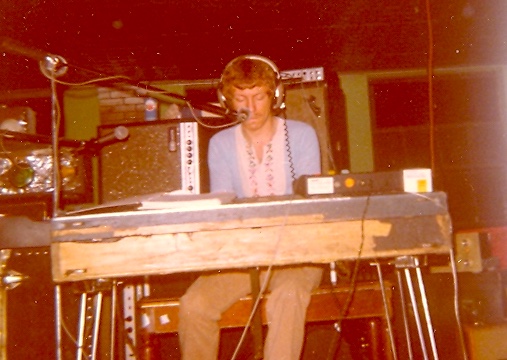
A Rude Awakening
We gigged like crazy for a few years up and down the Eastern seaboard, doing well over 300 gigs a year. Our chops were pretty high from so much stage time, and I thought I was a pretty good player as a result. Little did I know.
During a gig at a big New Jersey club we were “discovered” by a producer who then got the band a deal with a Polygram (one of the 6 major labels at the time) subsidiary. We were on our way.
But not so fast. During my first session in a real “big city” studio, I found out how mediocre of a player I really was. It slapped me in the face pretty hard during the very first playback. Then when our album came out, I was horrified to find that my parts were replaced by a studio musician.
What was I missing? How could I make myself better? This actually started a lifetime quest to find the answers to music, recording and music business questions that continues to this day. Probably many of the same questions that you’re asking yourself right now.
Studio Starters
I was always the guy that loved electronics, put the gear together, and handled the sound system for my bands. I studied college-level electronics textbooks when I was in high school so I could discover what happens to the electrons when they go from my guitar to the amplifier. I even bought my own 4 track tape recorder (a Dokoder 8140) as soon as I could afford it.
My first studio break came recording song demos for the record label I was signed to – low pressure sessions where I gained some studio chops on an early API console and MCI tape machine. Later I went to Berklee College of Music to study composition, where I became an instructor in the audio department there during my second semester thanks to my background. I worked constantly in their studios, learning to record just about any kind of instrument you could think of on their MCI 428’s and Scully tape machines. But one day a disgruntled old instructor yelled out to everyone that would listen in the teacher’s lounge, “This is a place for rookies or has-beens!” Once again slapped in the face, I didn’t want to be either one, so I was off to one of the big media centers soon after.
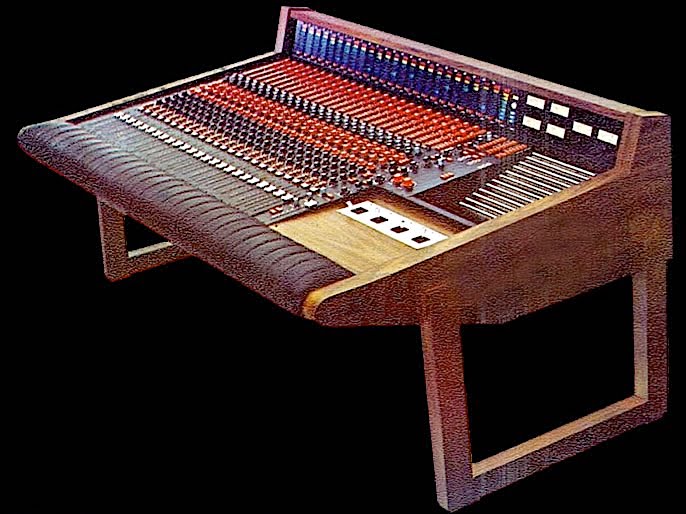
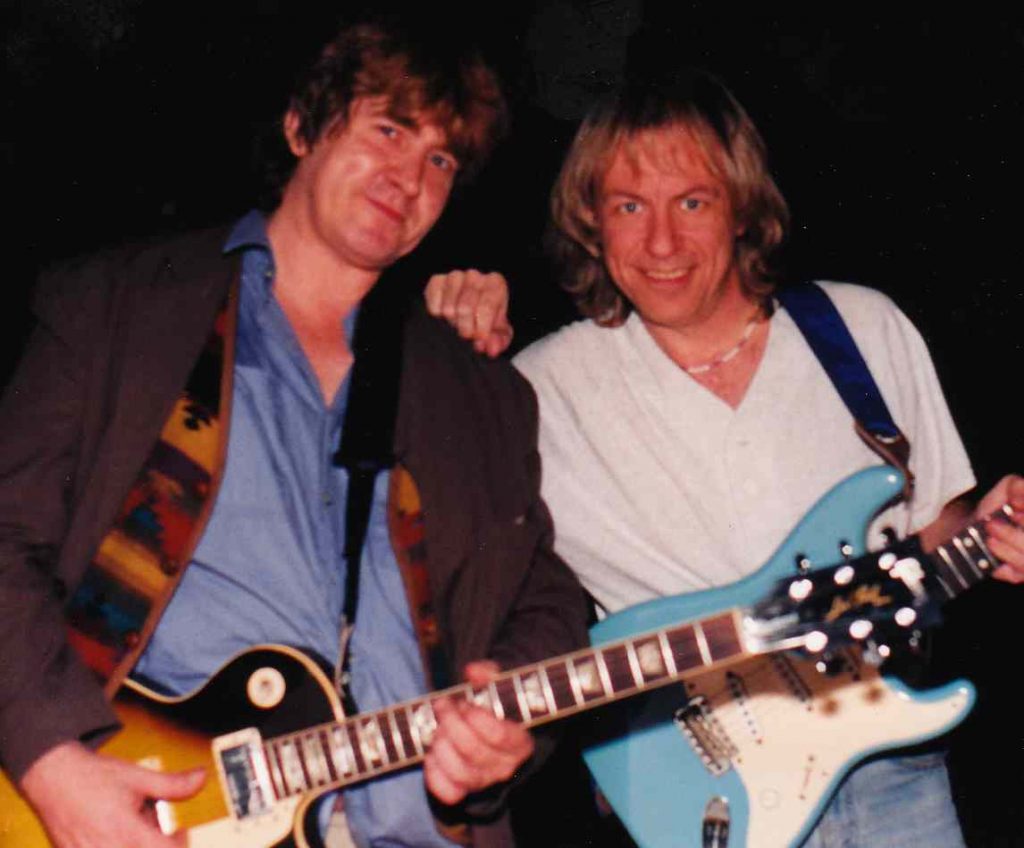
Los Angeles Calling
But there were only so many places where you could go to really be in the music business, and I chose the warmest – Los Angeles. Not knowing a soul and with only $600 in my pocket, I started taking any music job I could get – as a player, as an engineer, as an arranger – whatever I needed to do to get by. I worked on radio and television commercials, film scores, and on a never-ending list of music projects with big recording acts and bands as well as artists you’ve never heard of, but I made a lot of contacts and grew into the scene.
Eventually I worked on projects by many of my boyhood heros, from being musical director for former Rolling Stone guitarist Mick Taylor, to producing some of the blues greats like Willie Dixon and Joe Houston, to surround sound mixing projects for The Who, Iron Maiden, The Ramones, Chicago, and many more.
A Second Career
Along the way I began writing articles for magazines almost by accident, first for Mix, then for everyone from EQ, Pro Sound News, Recording Engineer/Producer, Electronic Musician, Film And Video, and even Hollywood Reporter. Thanks to that experience I amassed a huge contact list of the top people not only in the audio, music, film and television business, but high-tech and social media too. That list still serves me well today whenever I have a question or need information.
Along the way I was still recording, and was pretty good at it, but I was a mediocre mixer at best. I asked my A-list mixer friends to teach me the techniques they were using, and they were kind enough to share everything they knew. That info became the basis for my first book – The Mixing Engineer’s Handbook.
More than 20 years later and that book is now in its 5th edition and is used as a text book in recording programs in colleges and universities around the world (as well as a few other of my books as well).
It also led me into a new career as a writer, eventually publishing 26 more books (some not in the music industry, like the The Cruise Vacation FAQ Book) including six #1 best-sellers on Amazon, two popular and award-winning blogs, television appearances on CNN and ABC as a music branding and audio expert, a spot as a senior contributor to Forbes, my Inner Circle Podcast, and much more.
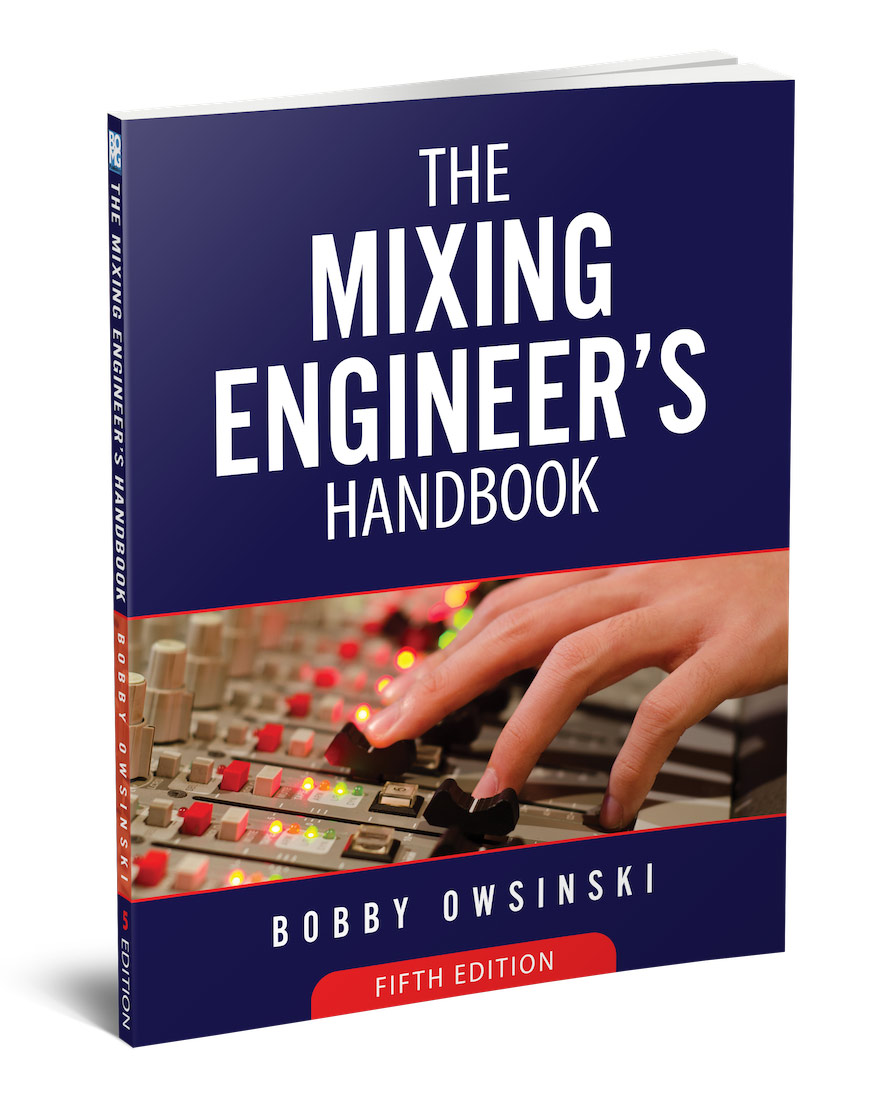
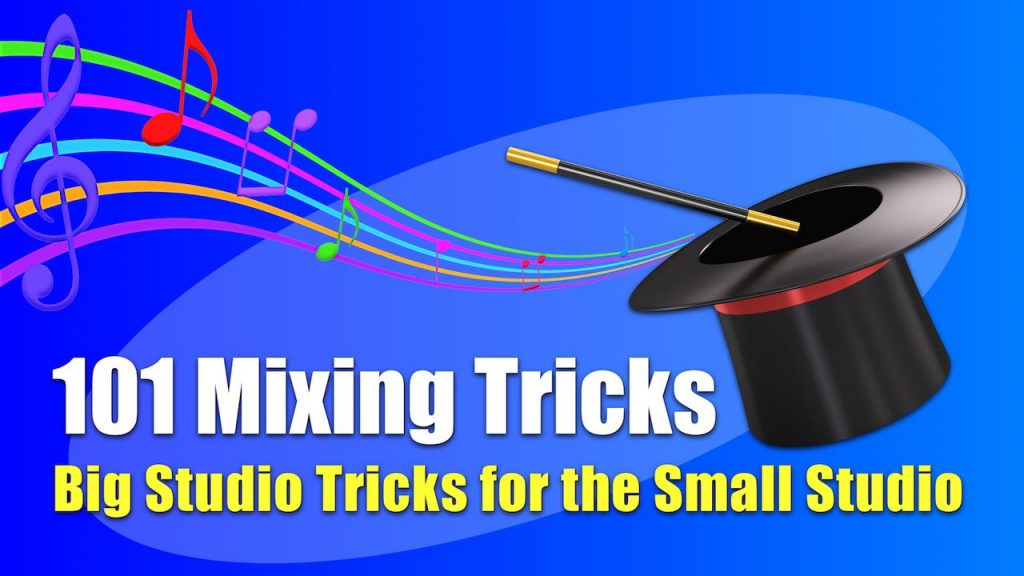
That Brings Us To Today
Eventually I was asked to develop video courses for Lynda.com (many are still very popular, like the Audio Mixing Bootcamp and Audio Recording Techniques). That led me to create my own courses and programs at BobbyOwsinskiCourses.com that include the popular Mixing Accelerator program, Ai For Music Production, and the Music Mixing Primer, among others.
It Could Happen To You
I’m not different from you. I didn’t have any advantages when I started. I didn’t have any money and I didn’t know anyone in the industry, but I was able to make a nice career in the music business and it gave me a lot of freedom to do other things as well.
And I’ve helped a lot of other people reach their goals along the way, whether it was to become a better mixer, create a professional online presence, or jump levels in their career.
Whether you’re a musician, songwriter, artist, in a band, an engineer, producer or have any other job in music, if you’d like to take the next step in reaching your goals, or just want to get better at what you do, then sign up for one of my free programs or webinars below.
